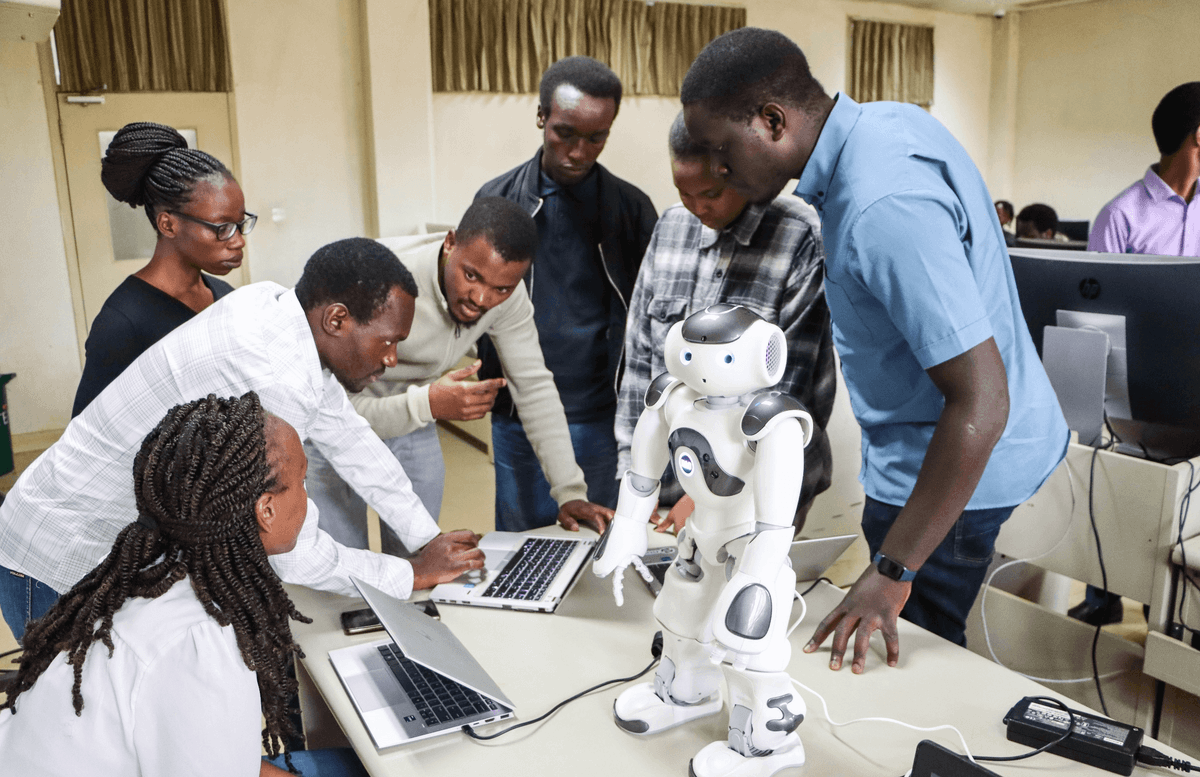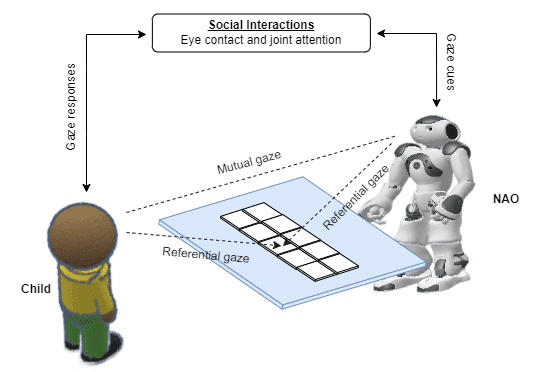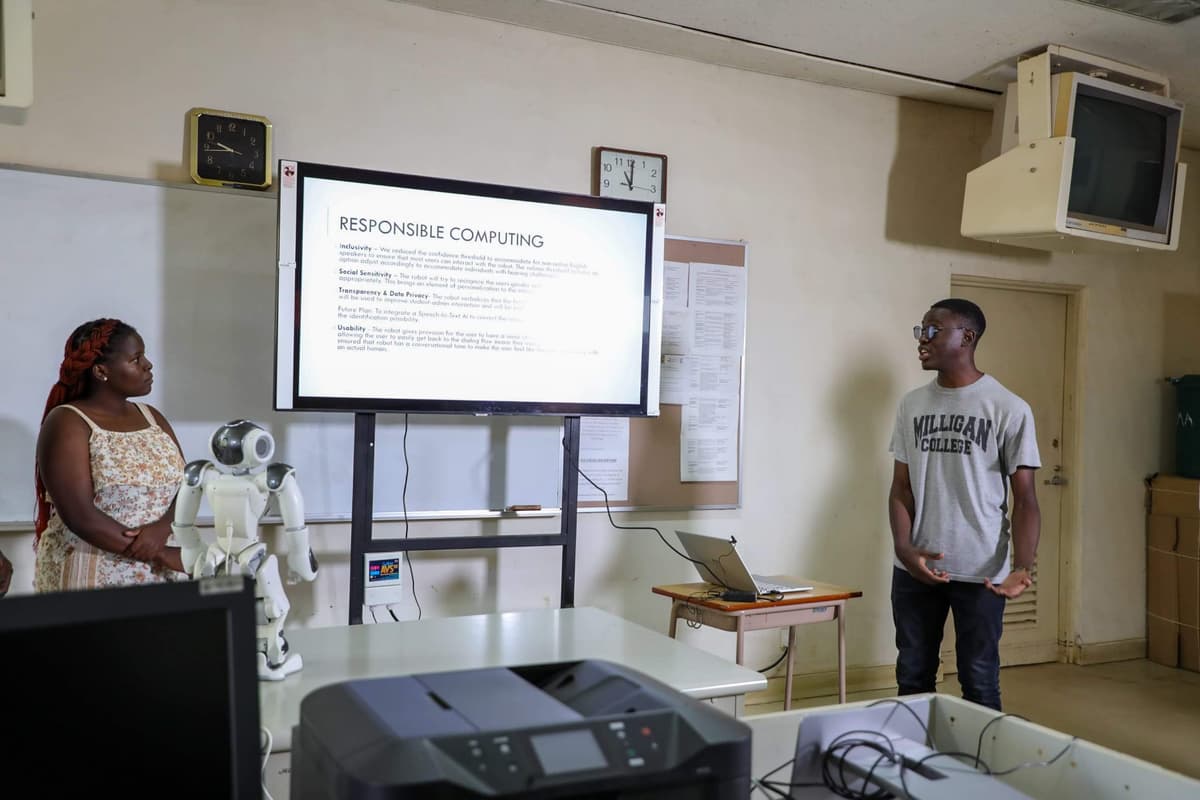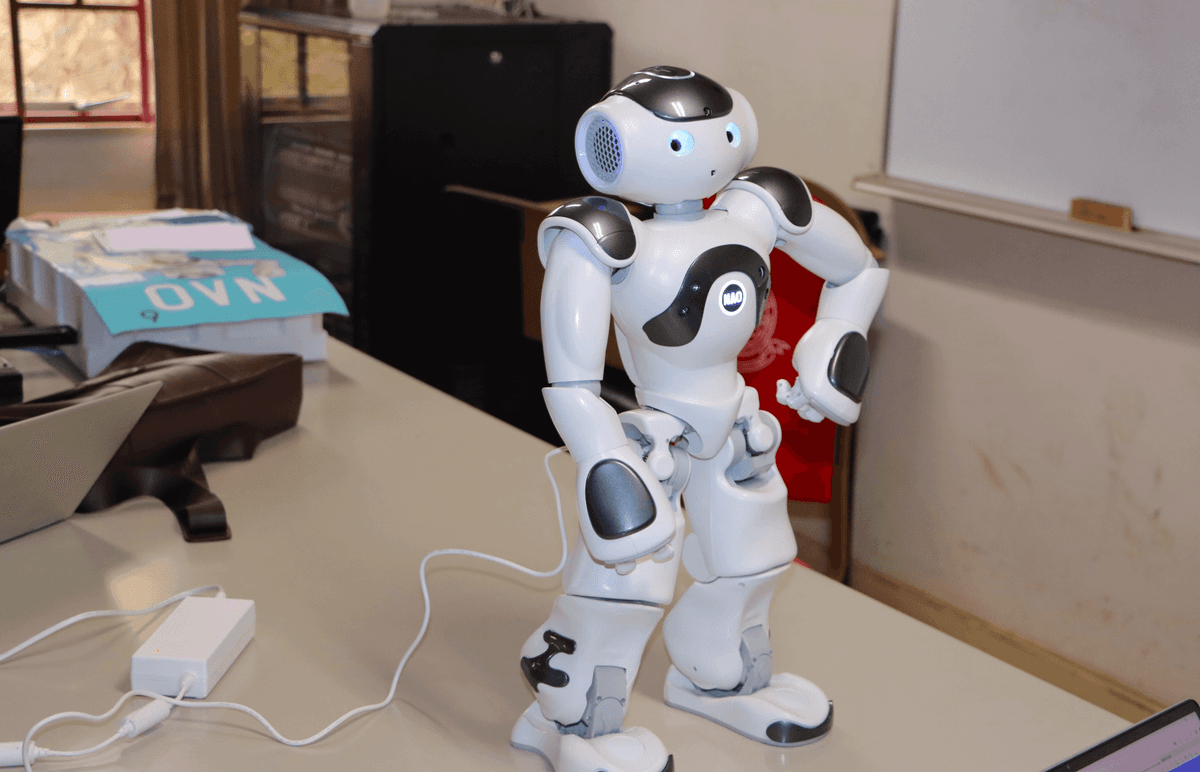Our Research Projects
Discover our cutting-edge research in social robotics, responsible computing, and assistive technologies that are shaping the future of human-robot interaction.

As part of this project, the ongoing research at the lab is focused on designing social behaviours (Gaze and Speech) for robots to provide personalized learning for children to enhance learning outcomes in tutoring scenarios.

This research aims to examine how we can design human-robot interaction scenarios to support social behaviour training for children with autism.

Embedding Responsible Computing and Ethical Considerations in Robotics Development
Social robots are increasingly gaining prominence in education—particularly in tutoring and social training—as well as in healthcare and social care settings. As robots become more integrated into these environments, it is crucial to ensure that they can build trusting relationships with people and operate in ethically and culturally acceptable ways.

Our research in socially assistive robots focuses on developing intelligent systems that can provide support and assistance in various care and educational environments, particularly for elderly care and supporting students with disabilities.
Interested in Collaborating?
We welcome partnerships with researchers, institutions, and organizations who share our vision of advancing social robotics and responsible computing.
